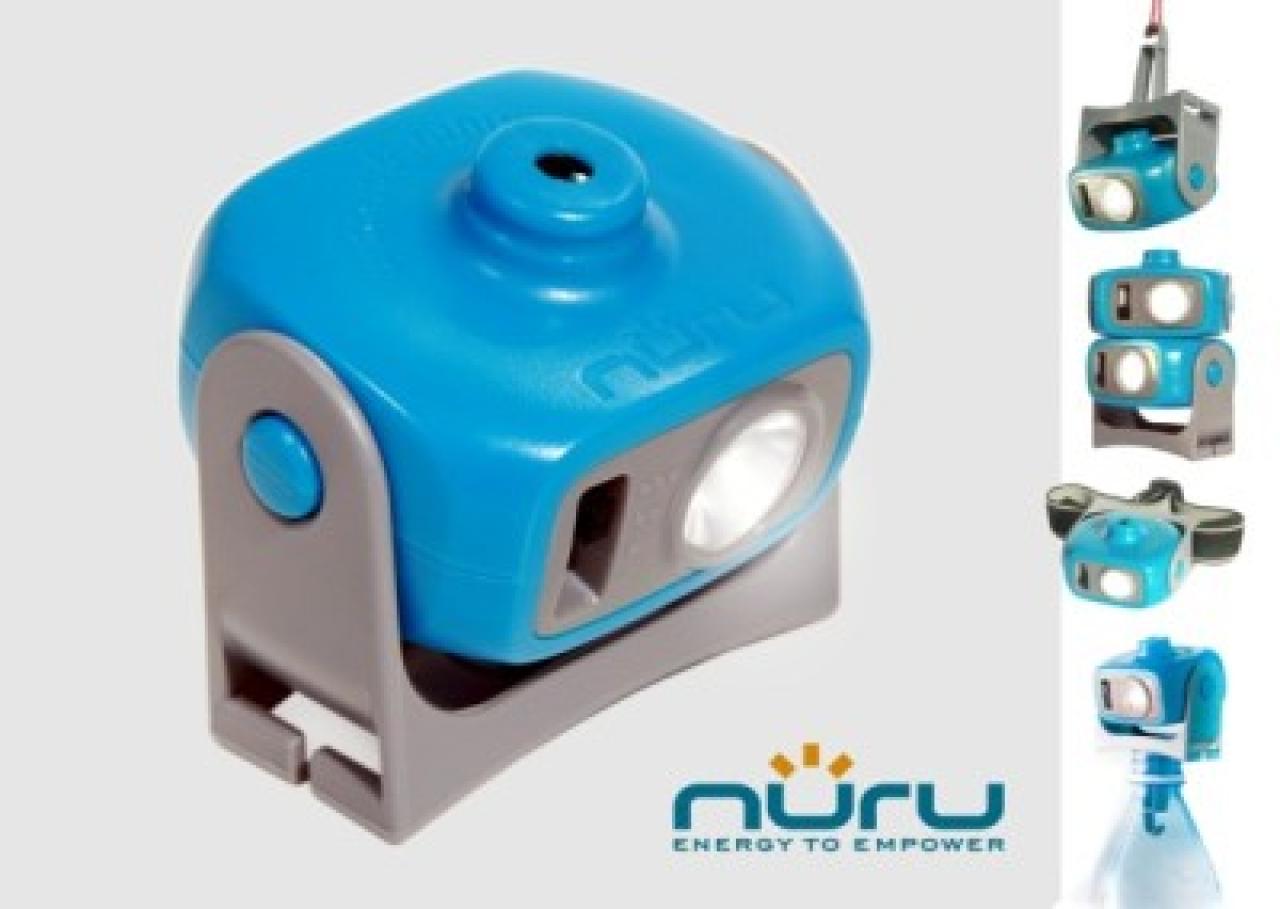
When Nuru Energy was named one of seven finalists for the Zayed Future Energy Prizes awarded in Abu Dhabi earlier this year, it had an almost odds-on chance of picking up between US$500,000 and US$1.5 million prize money. A fortune for a non-profit start-up operation with plenty of outgoings but minimal returns.
Nuru Energy, founded by CEO Sameer Hajee (MBA 04D) has won 12 grants, worth more than US$1 million, since launching in Rwanda in 2009. The money has been vital in enabling the company to develop its lighting cubes and a distribution network necessary to fulfil its dream of providing clean, safe, affordable, pedal-powered lighting to the world’s poorest. “The awards have been crucially important to us, primarily because we had an idea that didn’t actually have a business model behind it,” Hajee told Knowledge. “The business had to be developed and nurtured over the course of two years before it became attractive to a commercial financier.”
Unfortunately for Nuru, the Zayed Future Energy Prize money did not expand the company’s coffers, but the loss has not affected the company’s projections. “It was exciting but we were keeping it real,” a disappointed Hajee noted outside the event. “If we had won, we planned to kick-start a fund targeting European investors to cover the upfront costs of local entrepreneurs and help lower the price to the consumers to get more lights out there. It would have been cream on top, (but) we didn’t factor the money into our business plans.”
“An observation we made in 2008 and we continue to make is that the majority of lighting needs are for task-based activities.” Hence the Nuru POD Light was conceived: a battery-operated, hand-sized portable light “cube” that lasts for up to 40 hours and can be used individually (for reading) or connected to other Nuru POD lights to light a larger space.
Carbon credit deal
Nuru was lucky. Ten months earlier they had signed a carbon credit deal with Bank of America Merrill Lynch, providing the social enterprise with scale-up funding to advance its business and giving the financier first option at buying Nuru’s East African carbon credits until 2021.
It was a deal that took time to work through, but raising capital, as Nuru has discovered, is always a struggle. Even awards. Applying for prizes and going through the judging process takes time and effort. For the Zayed Prize, there were countless forms to fill out and documentation to be found tracking the company’s success and reach. The judging process meant Hajee and other staff had to be available for filming opportunities and to show off the technology, the distribution networks and the possible benefits a US$1 million prize would bring.
“Applying for awards is a distraction but it’s worth it. As well as the money, they offer the chance of prestige, visibility and help leverage us into competitive space,” Hajee says. “I think if we were going to do it all again we would probably have hired someone full-time, from Day One to concentrate on finance. To apply for grants and look at capital-raising from other sources: angel investors, social venture capitalists, venture philanthropists, there’s a lot of capital out there for socially motivated ideas.”
Carbon financing was an area Nuru researched thoroughly before signing off on the deal with Bank of America Merril lynch. “We kissed a lot of frogs before we found a prince in [Bank of America] Merrill Lynch,” Hajee admits. “We were looking for investors that held us accountable to the financial matrix as well as the social one.”
Moving into profit
Nuru aims to become profitable by 2013 through collecting revenue from the village-type franchisees who buy or lease the pedal-powered generator and sell (or rent out) the rechargeable lamps. The lights and generators are sold at or below cost and profit is made from a percentage of the recharge cost measured by a tracker installed on the generator which can be checked from a computer anywhere in the world.
Nuru now has 70 franchisees and 10,000 lights, in operation. “By 2016 we’ve committed to having 10,000 entrepreneurs and 1.8 million lights so by the end of 2013 we’re hoping to have reached at least half that goal,” Hajee says.
Innovation
The company’s pipeline of add-ons, such as an attachment to allow the generator to recharge mobile telephones, has the potential of hitting an even bigger market. “The lights and generator are the platform technology,” says Hajee. “We see Nuru as an innovative company, the Apple of the renewable light industry!”
It’s a goal with high returns but for now, Hajee insists, grants will continue to be an important source of funding.
-
View Comments
-
Leave a Comment




No comments yet.